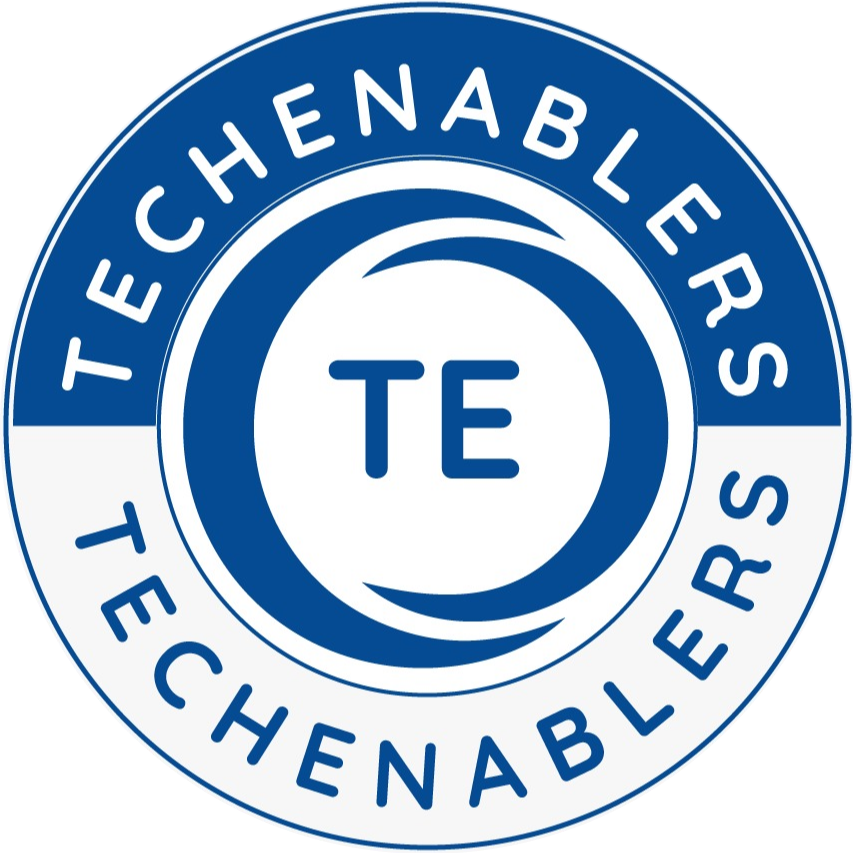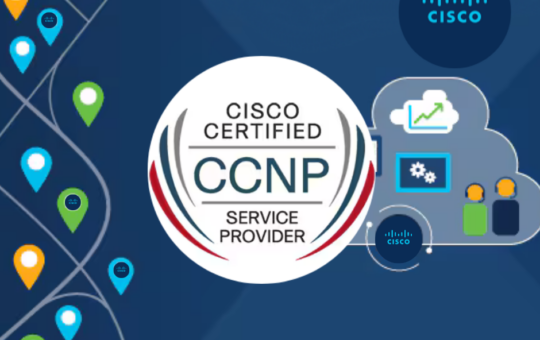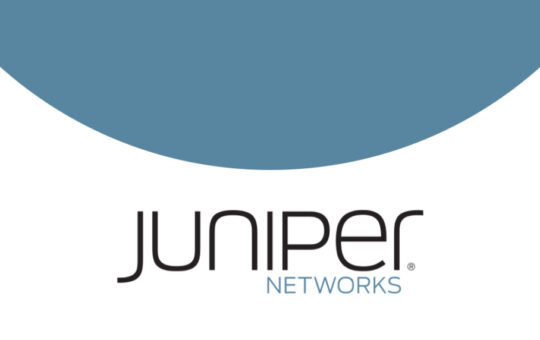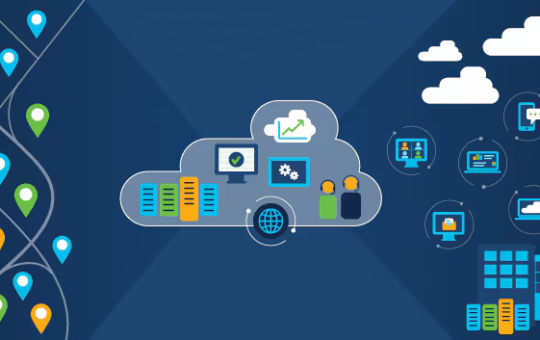Intermediate

Cisco Certified Network Professional Enterprise(CCNP Enterprise)
- 12 Sections
- 59 Lessons
- 100h Duration
Implementing Cisco Enterprise Network Core Technologies v1.1 (ENCOR 350-401)
1 Lesson
1.0 Architecture
6 Lessons
- Different design principles used in an enterprise network
- Wireless network design principles
- Working principles of the Cisco SD-WAN solution
- Working principles of the Cisco SD-Access solution
- Interpret wired and wireless QoS configurations
- Hardware and software switching mechanisms such as CEF, CAM, TCAM, FIB, RIB, and adjacency tables
2.0 Virtualization
3 Lessons
3.0 Infrastructure
5 Lessons
4.0 Network Assurance
6 Lessons
- Diagnose network problems using tools such as debugs, conditional debugs, traceroute, ping, SNMP, and syslog
- Configure and verify Flexible NetFlow
- Configure SPAN/RSPAN/ERSPAN
- Configure and verify IPSLA
- Describe Cisco DNA Center workflows to apply network configuration, monitoring, and management
- Configure and verify NETCONF and RESTCONF
5.0 Security
5 Lessons
6.0 Automation
7 Lessons
- Interpret basic Python components and scripts
- Construct valid JSON-encoded files
- Describe the high-level principles and benefits of a data modeling language, such as YANG
- Describe APIs for Cisco DNA Center and vManage
- Interpret REST API response codes and results in payload using Cisco DNA Center and RESTCONF
- Construct an EEM applet to automate configuration, troubleshooting, or data collection
- Compare agent vs. agentless orchestration tools, such as Chef, Puppet, Ansible, and SaltStack
Implementing Cisco Enterprise Advanced Routing and Services v1.1 (ENARSI 300-410)
1 Lesson
1.0 Layer 3 Technologies
11 Lessons
- Troubleshoot administrative distance (all routing protocols)
- Troubleshoot route map for any routing protocol (attributes, tagging, filtering)
- Troubleshoot loop prevention mechanisms (filtering, tagging, split horizon, route poisoning)
- Troubleshoot redistribution between any routing protocols or routing sources
- Troubleshoot manual and auto-summarization with any routing protocol
- Configure and verify policy-based routing
- Configure and verify VRF-Lite
- Describe Bidirectional Forwarding Detection
- Troubleshoot EIGRP (classic and named mode; VRF and global)
- Troubleshoot OSPF (v2/v3)
- Troubleshoot BGP (Internal and External, unicast, and VRF-Lite)
2.0 VPN Technologies
3 Lessons
3.0 Infrastructure Security
4 Lessons
- Troubleshoot device security using IOS AAA (TACACS+, RADIUS, local database)
- Troubleshoot router security features
- Troubleshoot control plane policing (CoPP) (Telnet, SSH, HTTP(S), SNMP, EIGRP, OSPF, BGP)
- Describe IPv6 First Hop security features (RA guard, DHCP guard, binding table, ND inspection/snooping, source guard)
4.0 Infrastructure Services
7 Lessons
- Troubleshoot device management
- Troubleshoot SNMP (v2c, v3)
- Troubleshoot network problems using logging (local, syslog, debugs, conditional debugs, timestamps)
- Troubleshoot IPv4 and IPv6 DHCP (DHCP client, IOS DHCP server, DHCP relay, DHCP options)
- Troubleshoot network performance issues using IP SLA (jitter, tracking objects, delay, connectivity)
- Troubleshoot NetFlow (v5, v9, flexible NetFlow)
- Troubleshoot network problems using Cisco DNA Center assurance (connectivity, monitoring, device health, network health)
The Cisco Certified Network Professional (CCNP) certification is designed for network professionals who want to deepen their knowledge and networking skills. The syllabus for the CCNP typically covers several core areas and is split into various tracks depending on the specific certification path chosen. As of my last update, here are the key components generally included in the CCNP syllabus.
Core Courses
Implementing Cisco Enterprise Network Core Technologies v1.1 (ENCOR 350-401)
- Architecture: Enterprise Network Architecture
- Virtualization: Virtual Network Services and Virtualization Technologies
- Automation: Network Automation and Programmability
- Security: Security Architecture and Network Security
- Infrastructure: Routing and Switching Principles
- Network Assurance: Monitoring, Troubleshooting, and Optimization
- Wireless: Wireless Networking Concepts
Implementing Cisco Enterprise Advanced Routing and Services v1.1 (ENARSI 300-410)
- Layer 3 Technologies
- VPN Technologies
- Infrastructure Security
- Infrastructure Services
Want to submit a review? Login



